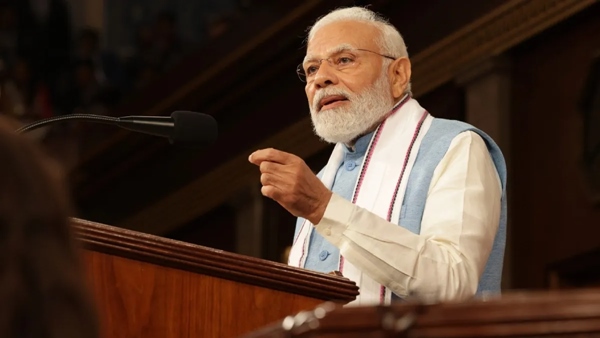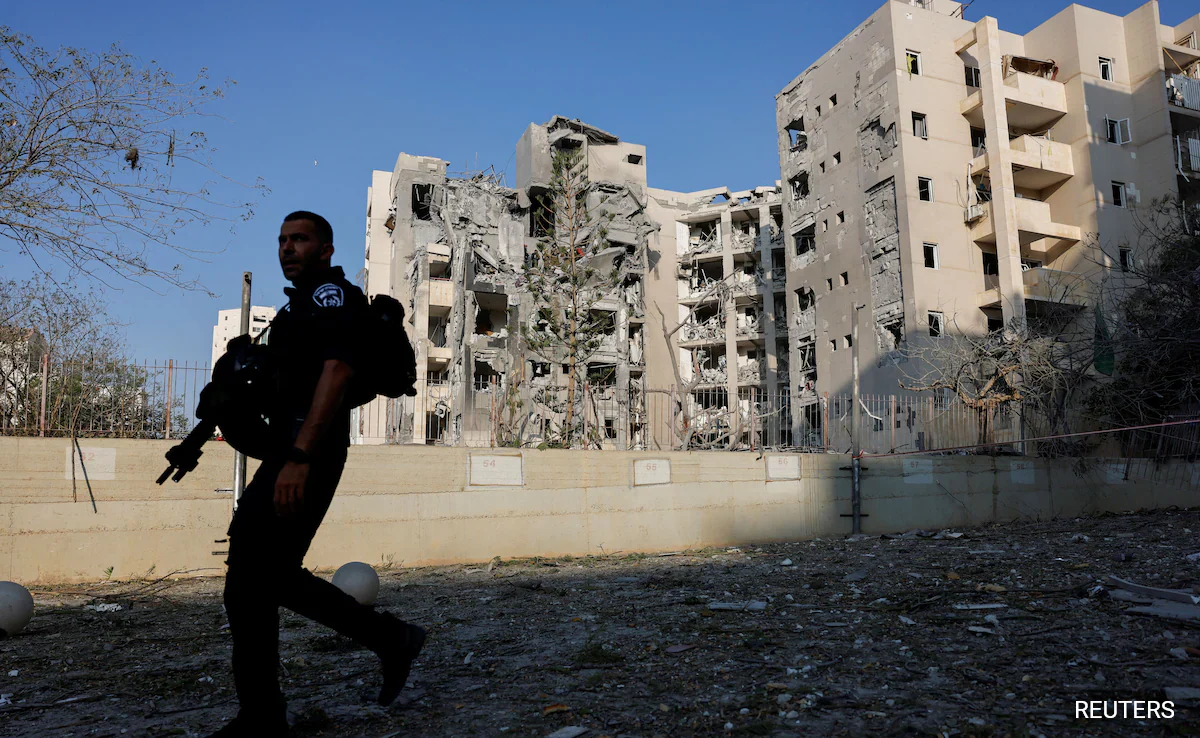Now Reading: PM Modi Slams Congress Over 1975 Emergency, Calls It a Dark Chapter in Indian Democracy
-
01
PM Modi Slams Congress Over 1975 Emergency, Calls It a Dark Chapter in Indian Democracy
PM Modi Slams Congress Over 1975 Emergency, Calls It a Dark Chapter in Indian Democracy

Prime Minister Narendra Modi has sharply criticised the Congress party on the 49th anniversary of the Emergency imposed in 1975, calling it one of the darkest periods in India’s democratic history. Addressing the nation through various platforms, Modi highlighted how civil liberties were suspended and institutions were suppressed, stating that it was a time when democracy itself was strangled for political power.
Emergency: A Reminder from History
On June 25, 1975, then Prime Minister Indira Gandhi declared a nationwide Emergency, citing internal threats to national security. For 21 months, the country witnessed curfews, press censorship, mass arrests, and suspension of constitutional rights.
PM Modi referred to the period as a direct attack on democratic values, accusing the Congress of using state machinery to crush dissent. The Prime Minister urged the younger generation to study this part of history and understand the price India paid for political centralisation.
Congress Responds, Terms Remarks Politically Motivated
In response, Congress leaders stated that the Emergency was a difficult time but also a chapter India has moved beyond. They accused the BJP of repeatedly using history to divert attention from current issues like unemployment and inflation.
The party also pointed out that democratic institutions today are facing new challenges, arguing that lessons from the past should guide present actions, not serve as political weapons.
Indian Citizens and Tier 2 City Viewpoint
The Emergency continues to spark debate, especially in smaller cities like Bhopal, Surat, and Nagpur, where political memory runs deep. Many residents recall stories passed down through generations—of newspaper bans, police raids, and jailed activists.
For today’s youth in these cities, the discussion serves as both a history lesson and a lens to examine modern governance. Civil rights activists say this reflection is important to keep democratic values alive in everyday civic life.
Why This Matters Today
The Prime Minister’s remarks are not just about the past—they are also aimed at shaping how voters view the future. With Lok Sabha elections nearing, political parties are drawing sharp contrasts between their legacy and promises.
As the nation reflects on the Emergency’s impact, the broader takeaway remains clear: democracy, while robust, requires constant vigilance. India’s past continues to shape its political narrative, reminding citizens that freedom is both earned and preserved through awareness and participation.

























